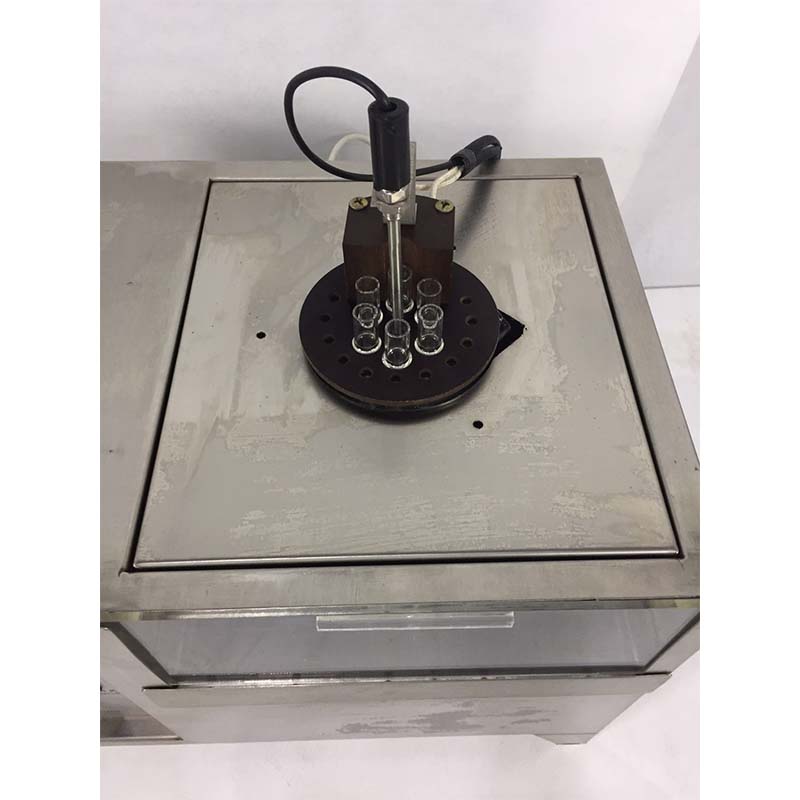Electronic Tensile Strength Tester Manufacturers - Quality Testing Solutions
Exploring Electronic Tensile Strength Tester Manufacturers
The demand for reliable and precise measurements in materials testing has propelled the growth of electronic tensile strength testers in various industries, such as manufacturing, construction, and research. These sophisticated instruments are designed to measure the tensile strength, elongation, and other mechanical properties of materials, ensuring that products meet stringent quality and safety standards. As a result, various manufacturers are emerging, each offering unique features and capabilities.
When selecting an electronic tensile strength tester, it is crucial to consider the accuracy, speed, and reliability of the device. Manufacturers are continuously innovating to improve these aspects, often incorporating advanced technology like digital displays, software integration, and automated testing processes. This not only enhances user experience but also increases testing efficiency and accuracy.
Renowned manufacturers in the field, such as Instron, ZwickRoell, and Shimadzu, have established strong reputations for delivering high-quality testing equipment
. Instron, for instance, is a pioneer in the materials testing industry and offers a range of electronic tensile strength testers equipped with advanced data acquisition systems. Their products are widely used in the aerospace, automotive, and plastics industries, providing precise and repeatable measurement capabilities.electronic tensile strength tester manufacturers

ZwickRoell, another prominent player, boasts an extensive portfolio of testing machines that cater to diverse applications. Their electronic tensile strength testers are known for their robust design and user-friendly interfaces, making them suitable for both experienced professionals and newcomers in the field. With customizable options and a strong focus on customer support, ZwickRoell enhances the testing experience across various sectors.
Shimadzu, a global leader in measurement and testing technology, offers a range of electronic tensile strength testers characterized by high performance and innovative features. Their machines often incorporate functions like real-time data monitoring and analysis, enabling users to obtain immediate insights into material behaviors. This capability is particularly valuable in research and development settings, where material innovation is critical.
Furthermore, emerging manufacturers are also making their mark in the electronic tensile strength tester market. These companies typically focus on specific niches or regions, providing cost-effective solutions without compromising quality. This diversification fosters competition, driving down prices and allowing for greater accessibility to advanced testing technology for smaller businesses and startups.
In conclusion, the electronic tensile strength tester market is vibrant and constantly evolving, with a range of manufacturers offering diverse products to meet the needs of different industries. From established companies like Instron and ZwickRoell to emerging players, the landscape is rich with options that prioritize quality, accuracy, and user experience. As industries continue to prioritize material integrity and performance, the role of electronic tensile strength testers will only become more critical, cementing their place as vital tools in material testing and quality assurance.
-
Why the Conductor Resistance Constant Temperature Measurement Machine Redefines Precision
NewsJun.20,2025
-
Reliable Testing Starts Here: Why the High Insulation Resistance Measuring Instrument Is a Must-Have
NewsJun.20,2025
-
Flexible Cable Flexing Test Equipment: The Precision Standard for Cable Durability and Performance Testing
NewsJun.20,2025
-
Digital Measurement Projector: Precision Visualization for Modern Manufacturing
NewsJun.20,2025
-
Computer Control Electronic Tensile Tester: Precision and Power for the Modern Metal Industry
NewsJun.20,2025
-
Cable Spark Tester: Your Ultimate Insulation Assurance for Wire and Cable Testing
NewsJun.20,2025
 Copyright © 2025 Hebei Fangyuan Instrument & Equipment Co.,Ltd. All Rights Reserved. Sitemap | Privacy Policy
Copyright © 2025 Hebei Fangyuan Instrument & Equipment Co.,Ltd. All Rights Reserved. Sitemap | Privacy Policy
